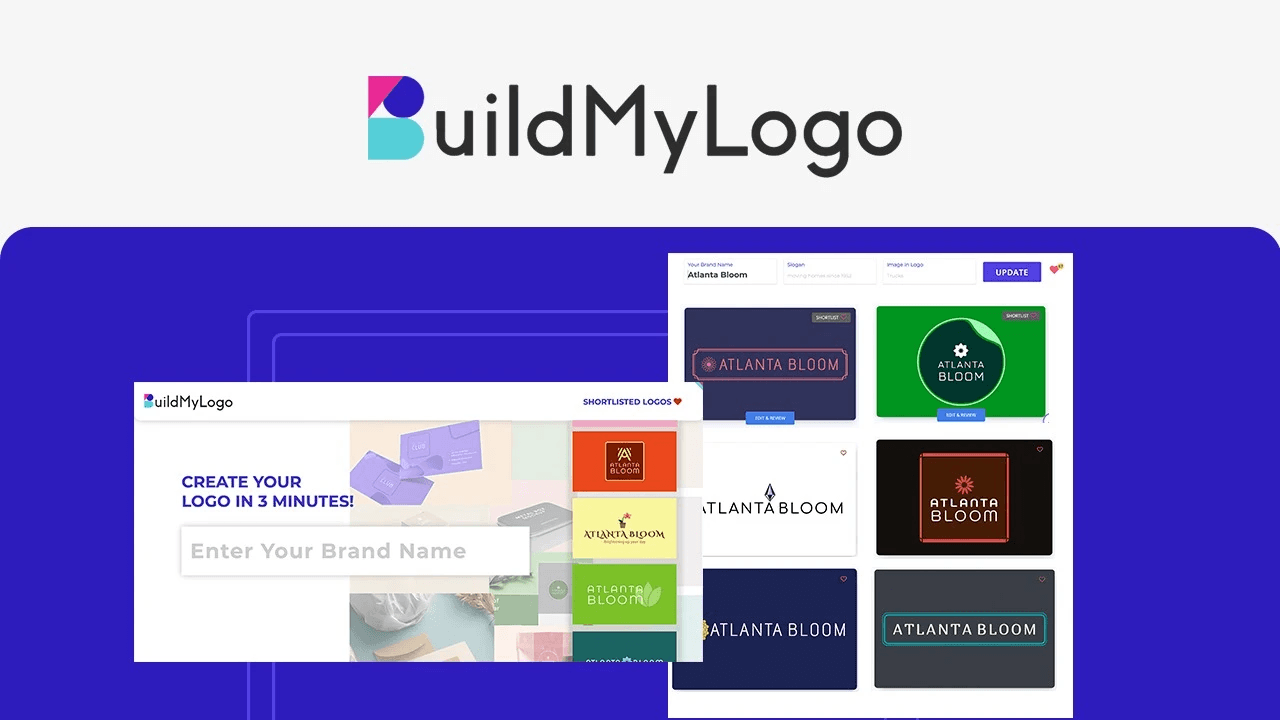What Is A Progressive Web App (PWA)
PWA's are the way of the future when it comes to integrating your site onto your clients phones.PWA's are the way of the future when it comes to integrating your site onto your clients phones.
A Progressive Web App (PWA) uses the latest technologies to combine the best of web and mobile apps. You can think of it as a website built using web technologies, but that acts and feels like an app. It works for every device and browser, no matter the OS or screen size. They are fully responsive and will therefore adapt to any form factor; whether you are using a tablet, mobile device or desktop computer, the PWA will look and work perfectly. And on top of that PWA’s evolve as the user engages with them and the app will keep improving regardless of the browser that is used. This means that whether a user is using the app with Chrome, Safari or any other browser, the PWA will continuously improve and it may also leverage features available on the user’s device and browser.
The app can easily be added to the home screen, just like a native app, the big advantage here being that a PWA doesn’t need to be installed.
As you might have experienced, when you have no internet connection, websites don’t work or are not displayed properly. One of the main features of a Progressive Web App is that it functions even when you are offline or working with an unstable connection. This is due to the script that runs in the background: a service worker. The purpose of this script is to cache content locally, allowing the app to be loaded almost instantly. Service Workers are scripts that run in the background in the user’s browser; essentially a JavaScript file that runs separately from the main browser thread, intercepting network requests and caching or retrieving resources from the cache.
Just like a normal app
PWA’s are designed to look and feel like mobile apps, while still having the full functionality of a website; including dynamic content and database access. The app shell structure separates parts of the app that are often constant (menu, header, layout of pages) from the content that is constantly being updated, reducing page requests and loading time. PWA’s imitate the navigation of native apps to offer app-like interactions. Your PWA will always be up to date thanks to the service workers, that not only store content for offline use, but also enable background syncs to download new data.
One of the bigger advantages of PWA’s is that because they are built on web pages, it is possible to use the power of search engines to index and distribute the application over search results. You can now apply SEO to your apps. They speed up the process of your app being indexed. By integrating the apps with your marketing strategy you’ll be indexed in Google much faster. Besides this PWA’s contain optimised content that has the same URL structure as a normal desktop site, eliminating the need for deep-linking into apps.
PWA’s bring a new set of tools to reach more potential users. When you want to share the applications, or a specific page in the apps, you can simply send the URL and this can be opened without being installed.
A Progressive Web App can be summarized by these 9 fundamental characteristics:
- Progressive: works for every user and every browser. PWA’s evolve as the user engages with them, the app will keep improving no matter which browser is used.
- Responsive: the layout of the app will adapt to any form factor: mobile, tablet, desktop and screen size
- Connectivity independence: one of the main features of a Progressive Web App is that it functions even when you are offline or working with an unstable connection. The service worker script will cache content locally, allowing the app to be loaded almost instantly.
- App-like: the app shell structure separates parts of the app that are often constant (menu, header, layout of pages) from the content that is constantly being updated, minimizing page requests. PWA’s imitate the navigation of native apps to offer app-like interactions.
- Fresh: the app is alway up to date, thanks to Service Workers that not only store content for offline use, but also enable background syncs to download new data.
- Discoverable: one of the bigger advantages of PWA’s is that because they are built on web pages, it is possible to use the power of search engines to index and distribute the application over search results. You can now apply SEO to your apps.
- Linkable: PWA’s bring a new set of tools to reach more potential users. When you want to share the applications, or a specific page in the apps, you can simply send the URL and this can be opened without being installed.
- Safe: because PWA’s are based on web pages, there are safety requirements they must meet.
- Easily installed: the app can easily be added to the home screen, no app store is necessary.
We're excited to be bringing this tech to you, if you'd like to find out more simply drop us a line.







